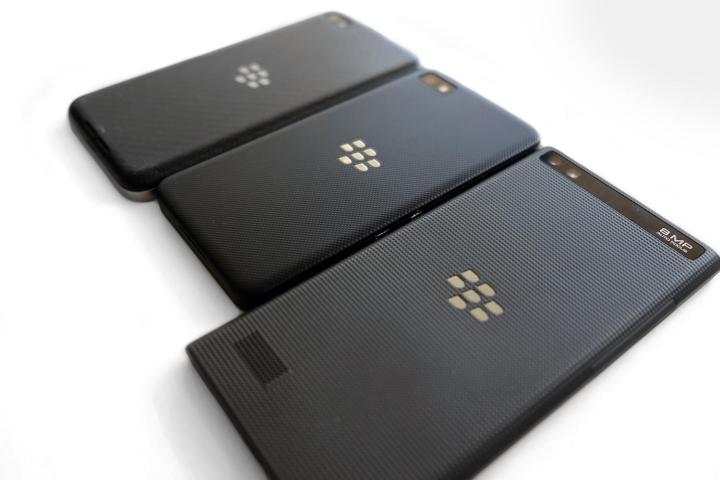
As a way to combat the iPhone, BlackBerry released the Storm as a Verizon-exclusive smartphone in October of 2008. However, Balsillie revealed BlackBerry tried to do too much, too fast, leading to the smartphone blowing up in the company’s face due to the 100 percent return rate.
“With Storm, we tried to do too much. It was a touch display, it was a clickable display, it had new applications, and it was all done in an incredibly short period of time and it blew up on us,” said Balsillie. “That was the time I knew we couldn’t compete on high-end hardware.”
However, the Storm wasn’t the only contributing factor to BlackBerry’s eventual downturn, as Balsillie also revealed BlackBerry was slow to adapt. The company maintained its position as the world’s fastest growing company thanks to its sales of low-end hardware in emerging markets. However, he said that changed once Apple came into the picture due to its unprecedented relationship with AT&T that allowed it to develop such things as full Web browsing and downloads.
“It was difficult,” Balsillie said. “It was a real shock to the company.”
What seems to be the kicker, however, was BlackBerry’s unwillingness to share the BlackBerry Messenger love with the iPhone and Android smartphones. Balsillie believed BlackBerry should have opened up its messaging service to other platforms, since the company makes a good chunk of its money from its services rather than just hardware.
Even with BlackBerry’s transformation into a punchline in the consumer market, John Chen, BlackBerry’s current CEO, is trying to right the ship by focusing on BlackBerry’s business side of things, which he believes would lead to its smartphone business becoming profitable. Such a focus, however, is unlikely to increase BlackBerry’s miniscule 0.5 percent global market share since Chen became the company’s CEO in November 2013.
Editors' Recommendations
- Does the iPhone 15 have an overheating problem? Here’s what we know
- No, the Journal app on your iPhone isn’t spying on you
- The best iPhone and Android apps for Black History Month 2024
- Don’t buy a Galaxy S24 Ultra or iPhone 15 Pro Max. Do this instead
- This crazy case adds a BlackBerry-inspired keyboard to your iPhone

